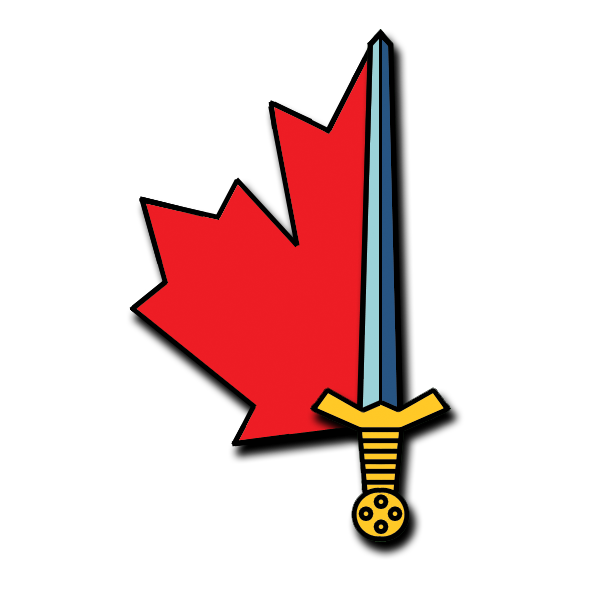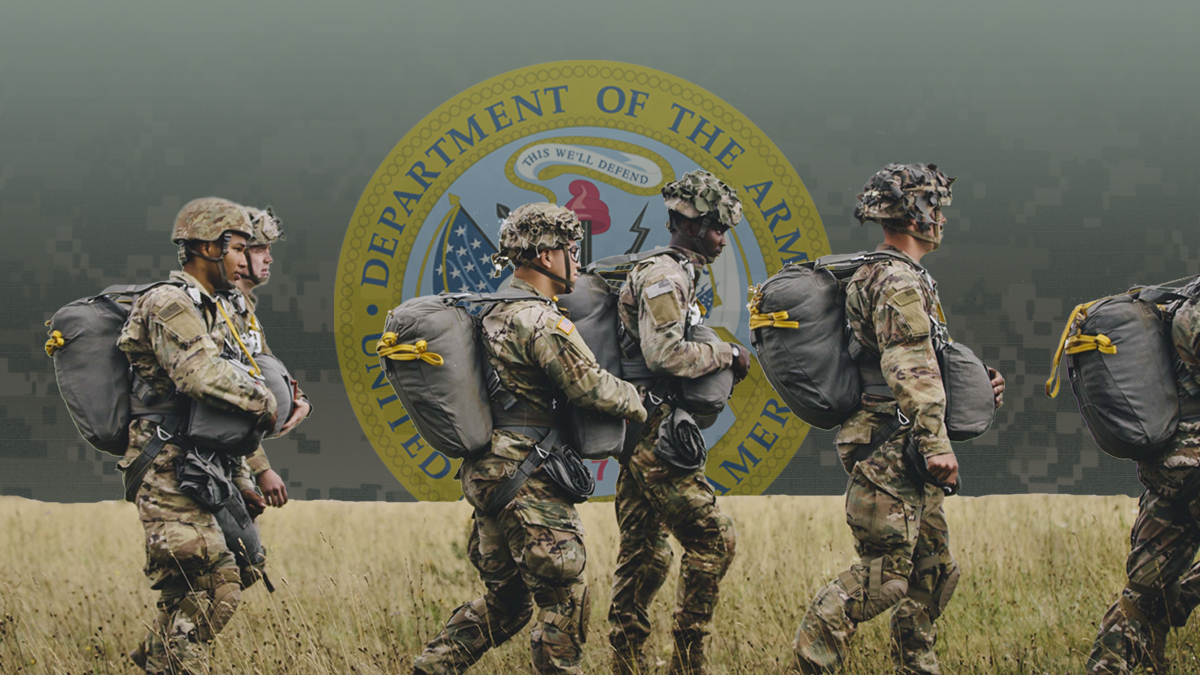National Post ePaper offers current issues of National Post ePaper.

epaper.nationalpost.com
Veteran reservist says forces are being stretched too thin
National Post - 10 Jun 2023
- This is a conversation series by Donna KennedyGlans, a writer and former Alberta cabinet minister, featuring newsmakers and intriguing personalities. This week: Army Reserve veteran Mike Vernon.
MCPL GENEVIEVE LAPOINTE, CANADIAN FORCES COMBAT CAMERA, CANADIAN ARMED FORCESMembers of the 41 Canadian Brigade Group work with Alberta Wildfire and local firefighters in a fire prevention operation in Drayton Valley, Alberta.
Fighting fires, shovelling heavy snowfall, delivering vaccines; it’s all become part of the mandate of the Canadian Armed Forces. But when does the combination of dwindling resources (both equipment and people), and a growing call on soldiers “as a force of last resort” to deal with extreme weather events, compromise the military’s preparedness as a combat-ready force?
To find out, I reach out to Mike Vernon. Not the hockey player, the “other” Mike Vernon — recently retired commander of the 41 Canadian Brigade Group, a 1,600- member army reserve formation with units in Alberta and the Northwest Territories. Unlike regulars in the CAF, reservists have civilian jobs and volunteer for deployments at home and abroad.
“For a number of reasons — cultural reasons, readiness reasons, equipment — it’s a weekly topic of conversation,” Mike reports. In his world, people are questioning if this is a credible force, and the war in Ukraine has made those questions all the more evident. His assessment?
“It’s a tenuous system backstopped by a lot of committed people who will make it work.”
We agree to meet at Calgary’s Military Museums. Before Mike takes me behind the public- facing walls of the museum — to a nondescript meeting room buried in a warren of offices where he and other military archivists toil — he walks me to an enormous mural identifying by name the more than 500 Alberta reservists who volunteered to serve in Afghanistan. As a civilian journalist, Mike covered the war in Croatia and reported from Afghanistan for CBC. He has produced two documentaries, one set in Kandahar and one profiling army reservists; both put a human face on war.
Mike has volunteered as a reservist to assist civilian authorities respond to emergencies, including joining 900 other reservists from across Western Canada to fight wildfires in B.C. for six weeks in 2003. What does he think of the recent calls on the CAF to show up to fight fires across Canada?
“We shouldn’t be the first organization that gets called to help, domestically,” Mike replies. Then he explains: “The provinces are responsible and should get help from the feds, then reach out to the military. That’s the way it should roll out. But increasingly … the military is getting called earlier and earlier. The senior leaders in the military, I know from the discussions, they find that a bit frustrating. Because the provinces have the equipment and the infrastructure and the experience and the budgets.”
“When the military does this,” Mike concludes, “it’s basically downing tools and everything else it is doing to switch gears and go to communities.”
It doesn’t have to be this way, Mike suggests; just across the border, the American model is different. There, the army has contracts with national guardsmen and commanders can activate regiments of reservists as needed. In Canada, Mike couldn’t compel volunteer reservists to show up. It was a mad scramble to “beat the bushes” and ask members whether they could leave their civilian job for two weeks or two months and go to Drayton Valley to fight fires.
Last June, this question of military preparedness was put squarely on the table by Chief of Defence Staff Gen. Wayne Eyre, in a sweeping directive to “reconstitute” Canada’s military. Eyre calls for a serious rethink of how the military does its work including the possibility of transferring tasks and capabilities from CAF to Department of National Defence employees or contractors.
What does Mike make of Eyre’s stern warning that the military we have today is not the one we need for the future? Mike agrees but questions the political resolve to change.
‘ When I first started my career,” Mike shares, “we had armoured vehicles in the reserves here in Calgary. Right now, when the Calgary Highlanders go on a training exercise to Wainwright or Suffield, it’s a mixture of civilian vehicles, military vehicles, pickup trucks, nothing lethal in that mix of vehicles. We just look like some kind of Gypsy caravan going to the field.
“We could be projecting more power, more influence — or good — around the world and yet there doesn’t seem to be a coherent vision for that,” Mike suggests.
Instead, we have two conflicting tracks of messaging out there; a strong sense of patriotic duty competing with the need to be seen as a woke nation. Having the prime minister privately say we have no intention of actually trying to hit our promised spending targets in NATO, is also demoralizing.
“And it’s not just the military. I think about CBC and Radio- Canada International in the old days; why isn’t the CBC like the BBC in terms of what it could be putting out to the world?”
Meantime, the CAF is short 10,000 people in the regular force. Calls to defund the police make recruiting more difficult for the RCMP, the police and the military, Mike observes.
“All these paramilitary organizations seem to be struggling to connect with young Canadians and … with diverse communities.”
And ponderous medical and security screening procedures make the CAF recruiting process exasperating for those who want to join. Mike’s son, Liam, recently graduated from the University of Alberta. Following in the steps of his grandfather and father, he applied to join the infantry but after six months of no contact from the recruiters, he pulled his application. Instead, Liam chose a corporate finance position with a Calgary- based energy company.
Mike doesn’t hide his frustration: “He would have gone straight in, he wasn’t looking for a free education at RMC.”
Tamping down hot spots and evacuating communities at risk in wildfire season is serious business. No doubt the federal government will continue to smash the “break in case of emergency” glass and when there’s a genuine need, regular soldiers and reservists will show up. Yet there’s a lot riding on a tenuous system. The fight in Ukraine remains a challenge, and Canada has a moral and strategic imperative to keep pushing back Russia, but there are scarier threats on the horizon.
Donna Kennedy- Glans is active in the energy business and a multi- generational family farm. Her latest book is Teaching the Dinosaur to Dance: Moving Beyond Business as Usual ( 2022).







